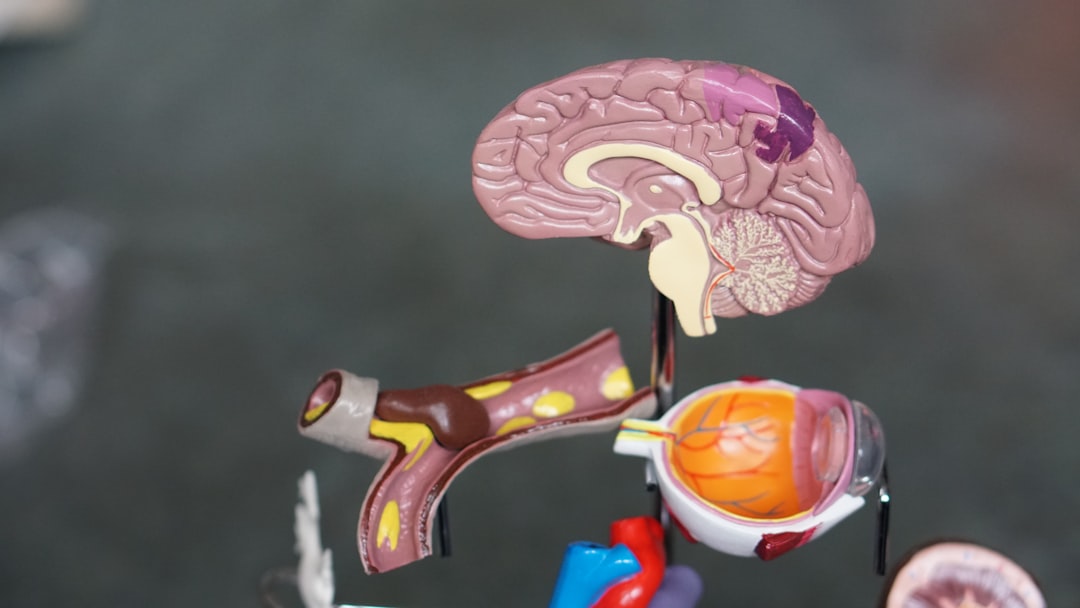What is it about?
The sequential neural reactivation of prior experience, known as replay, has been identified in animals and more recently in humans. It is thought to play an important role in both future planning and preserving memories of the past, but the supporting evidence is limited. By replaying past experiences, your brain can make guesses about what might happen in the future. And after you've had a new experience, replay can help make the memory of it stronger. Our experiment examines the relationship between replay and two key abilities for the first time in the same experiment. When it's time to make a decision, replay focused on the task at hand, supporting a role for memory in planning. But during more idle periods, replay was stronger for previous memories, which may help sustain old experiences.
Featured Image

Photo by Vlad Tchompalov on Unsplash
Why is it important?
Overall, replay may help both decision-making and memory, but at different times. The brain may prioritize one function over the other based on the situation. Both of these effects were related to increased activity in regions including the hippocampus, a crucial brain region for memory. By finding two distinct functions of replay, these results may guide future research on decision-making and memory problems in psychiatric and memory disorders.
Read the Original
This page is a summary of: Distinct replay signatures for prospective decision-making and memory preservation, Proceedings of the National Academy of Sciences, January 2023, Proceedings of the National Academy of Sciences,
DOI: 10.1073/pnas.2205211120.
You can read the full text:
Contributors
The following have contributed to this page










